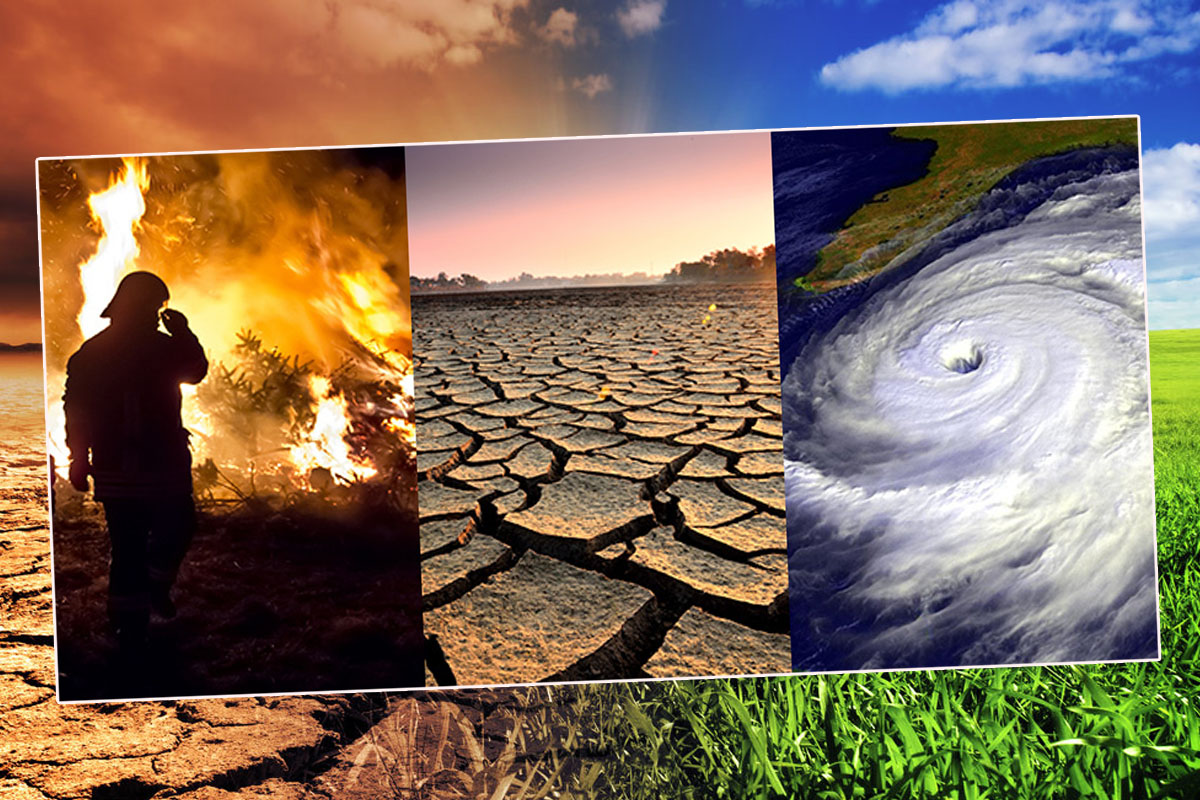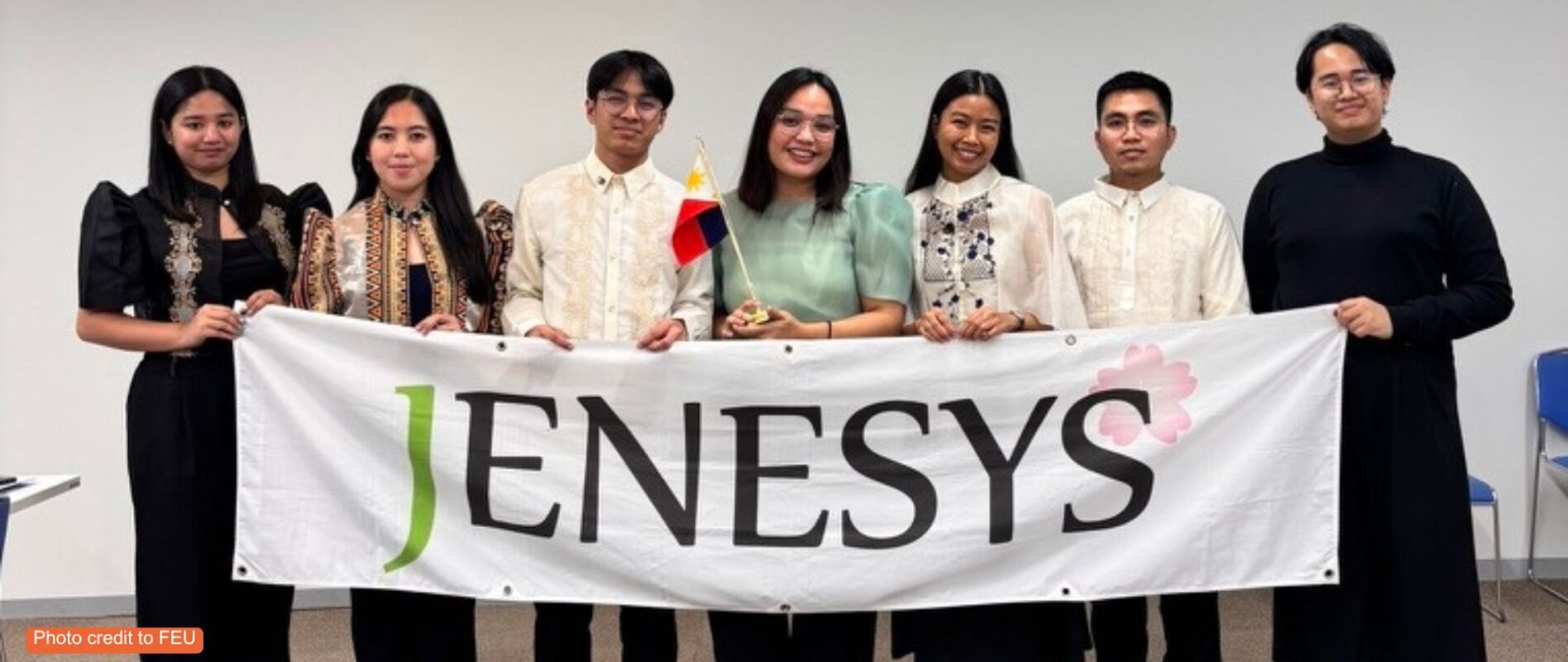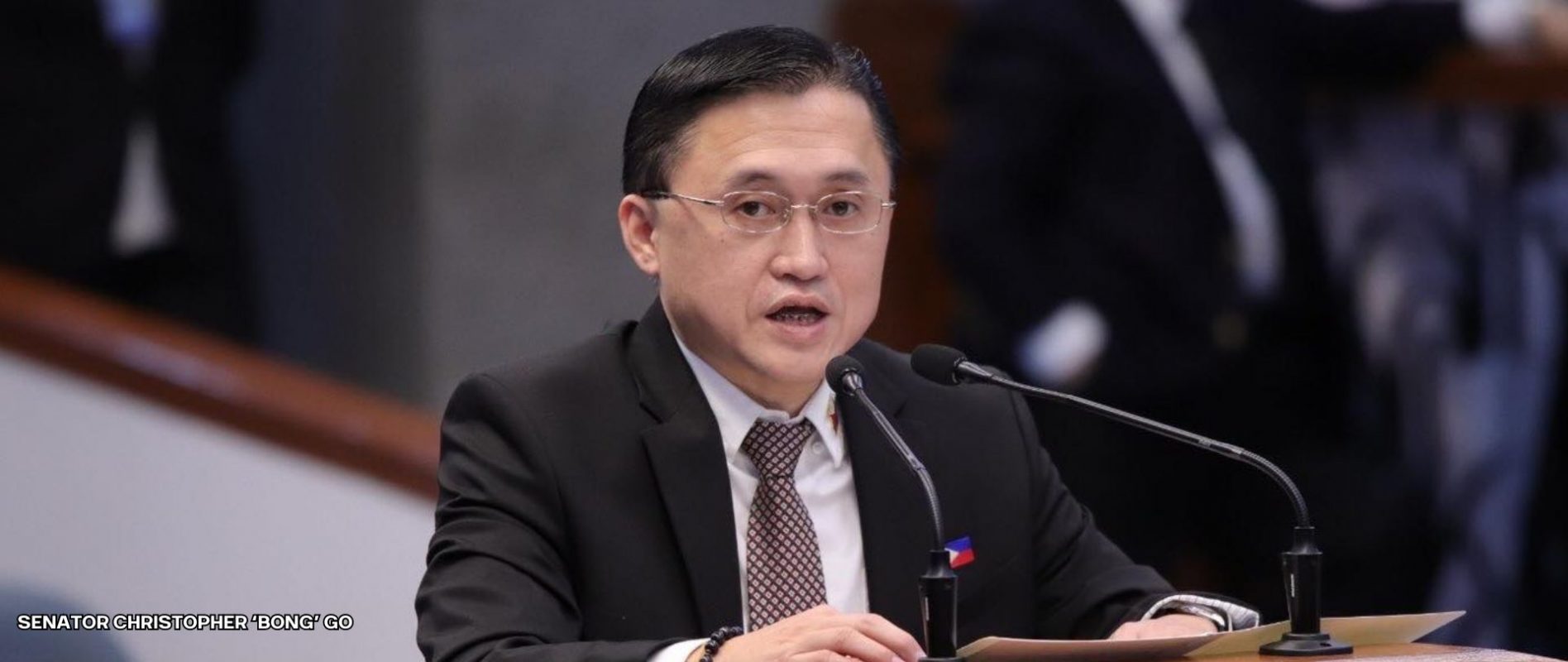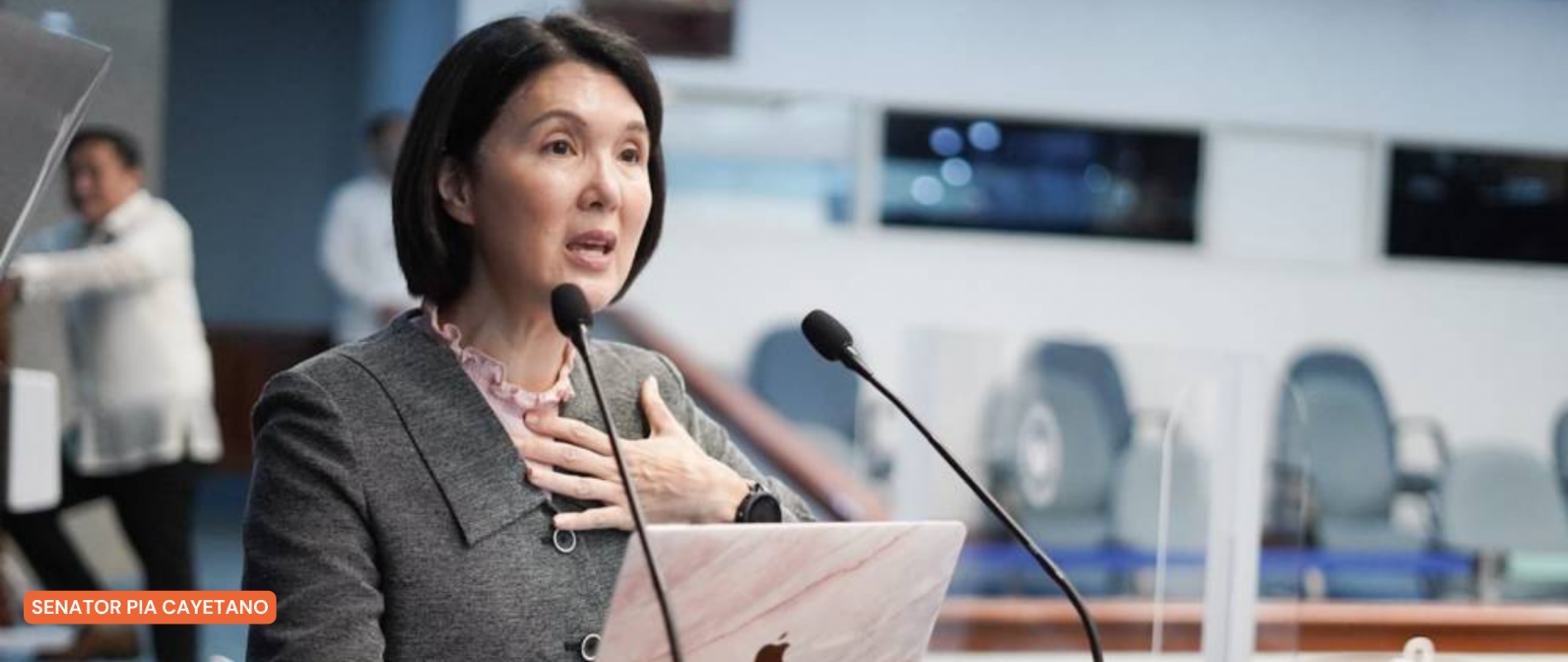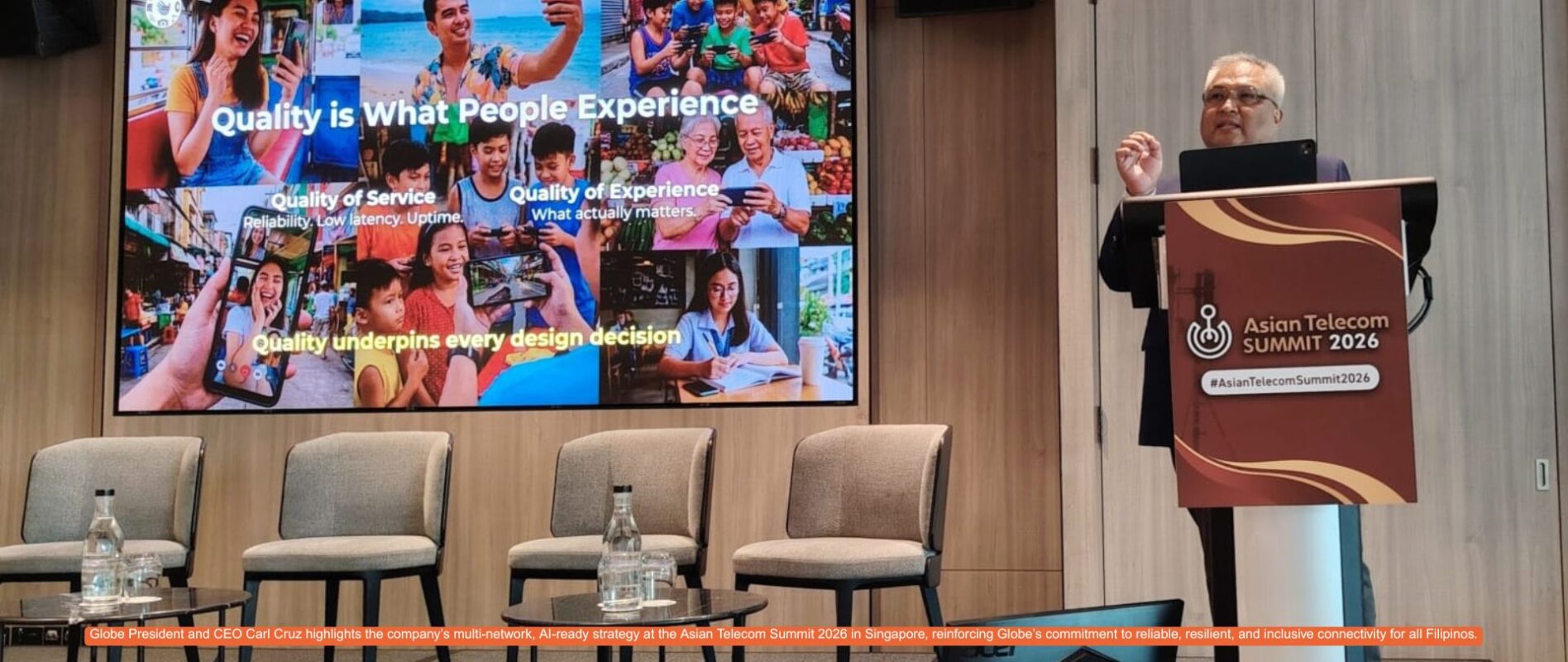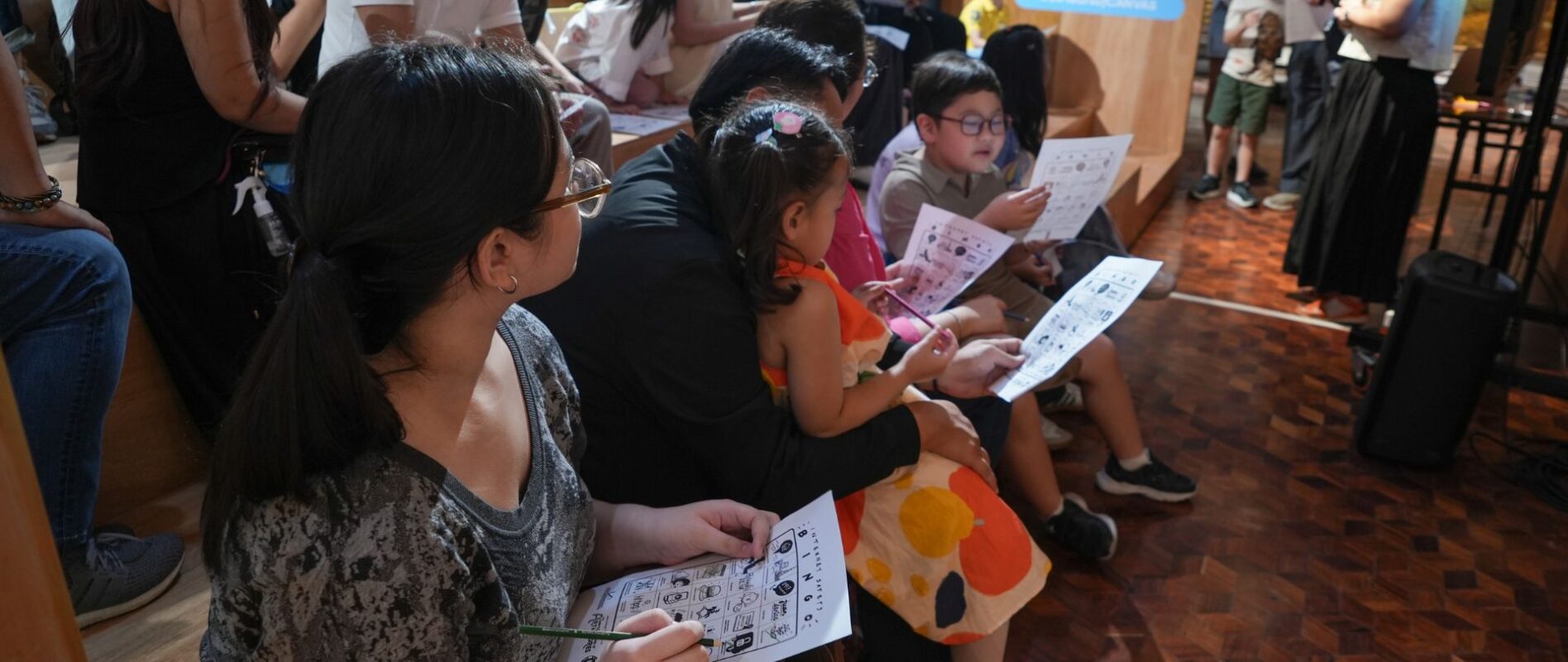8 OUT OF 10 YOUNG FILIPINOS WORRIED ABOUT CLIMATE CHANGE — STUDY
EIGHT out of 10 Filipino children and young adults are worried about the threat climate change poses to people and nations, Climate Reality Project Philippines, a non-government organization, said
Citing the first global large-scale investigation of climate anxiety in children and young people co-led by United Kingdom-based psychotherapist Caroline Hickman, Climate Reality Project Philippines bared that 75 percent of Filipino children are experiencing climate anxiety.
American Psychiatric Association defined climate anxiety as “a chronic fear of environmental doom.”
The study surveyed 10,000 children and young people aged 16 to 25 from Australia, Brazil, Finland, France, India, Nigeria, Philippines, Portugal, UK, and the USA.
The study found out that 71 percent of Filipino respondents think that they won’t have access to the same opportunities that their parents had.
Also, 77 percent of the respondents think that their family’s economic, social, and physical security will be threatened, while 47 percent were hesitant to have children because of climate change.
“Climate anxiety is not a mental illness. But if we put together the realities of climate change with climate anxiety and global inadequate action, then what we are looking at are chronic, inescapable stressors that will inevitably impact the mental health of children and young people,” Hickman said.
Hickman, who is also a board member of the Climate Psychological Alliance, explained that climate anxiety is “inextricably linked to the failure of those in power to act decisively and sufficiently to address the prevailing climate crisis.”
To understand the correlation between climate anxiety and actions or inactions of governments around the world, Hickman said they asked respondents what they think of the response of the governments.
For the 68 percent of the Filipino respondents, they believe the government “is failing the young people.”
Also, 69 percent think that governments are lying about the impact of their actions and 56 percent think that governments are betraying them and future generations.

